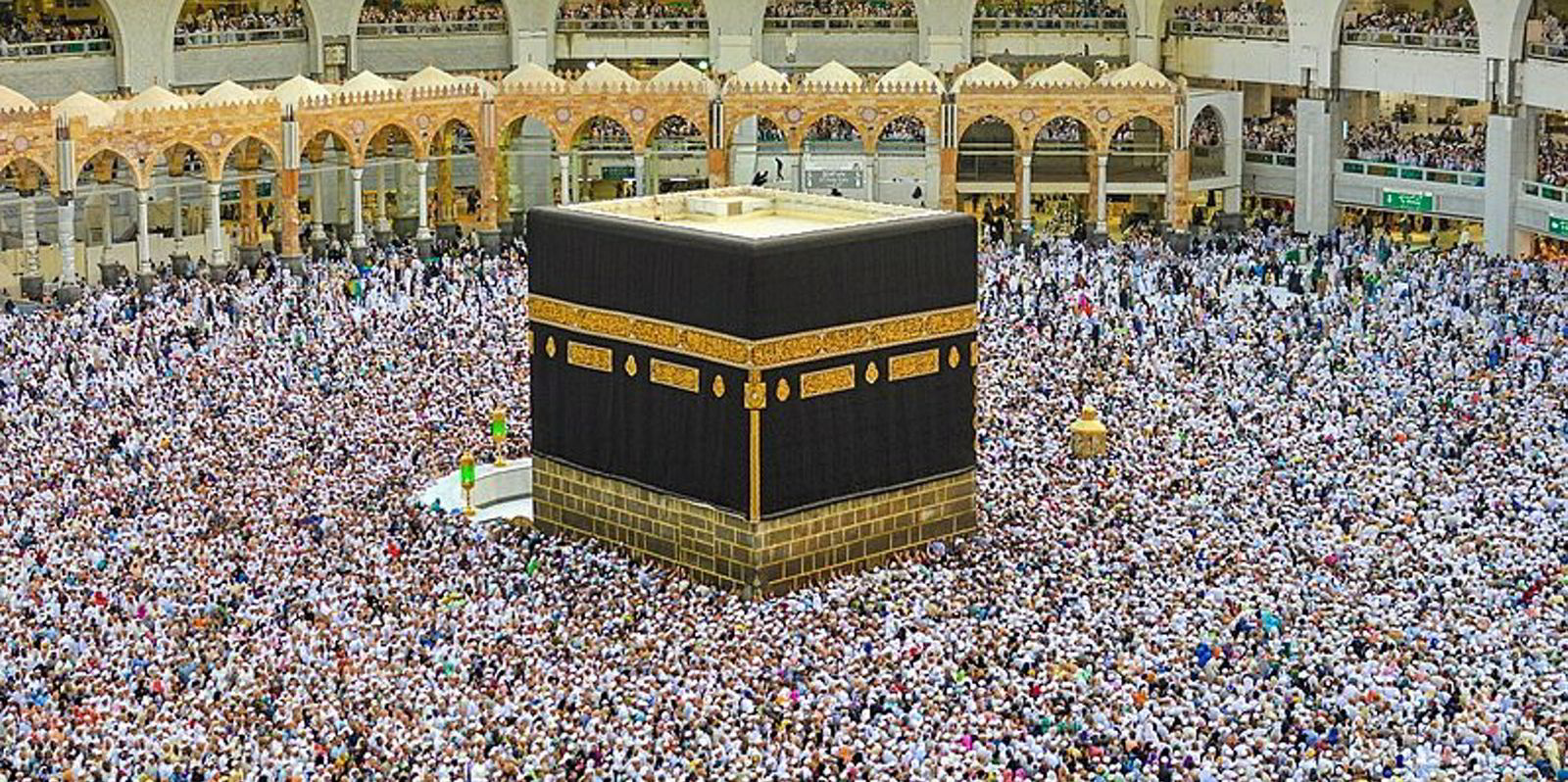Mayankutty Keyi, an Indian shipping magnate and spice trader, made a pilgrimage in 1870 to Mecca in Saudi Arabia.
But he was said to be displeased with the facilities provided for Indian visitors there.
So he bought a 1.5-acre site 300 metres away from the holy Kaaba and built a villa there with seven rooms and a huge hall, which he called Keyi Rubat.
Now, 150 years on, the ownership of this legacy is the subject of a $1bn legal tussle in India.
The name Keyi literally means shipowner in Persian.
The family's clients included the biggest joint stock company back then — the East India Company.
Before Keyi and his wife left for Mecca, he handed over his business operations to his brother, while the villa was later left in the hands of a nazir or representative.
After the nazir's death, the Saudi government maintained the property.
True owners sought
In 1956, the state took over Keyi Rubat's land as part of a mosque extension project and allotted another plot, a little away from the original site, to Keyi's descendants.
But as the tycoon's legal heir could not be traced, the government ordered compensation money be held in escrow by the treasury.
This now amounts to an estimated $1bn.
Saudi Arabia approached the Indian government in 1971 to probe the ownership issue.
The following year, a certificate of legal ownership was awarded to Aluppy Keyi and Moidu Keyi, Mayankutty's great-grandnephews.
But the Arakkal family, descended from Mayankutty's wife, challenged the certificate on the basis that the couple had a son and a daughter who were the legal heirs.
Successive Indian governments have been trying to reach a consensus ever since the tussle became public, with documentation hard to come by.
Publicity grows
The situation has brought lots of attention to both families, The Week website reported.
International agents and middlemen have approached them with offers to lobby on their behalf.
“There are a lot of conspiracies and vested interests in play. The money involved is that huge,” a Keyi family member told The Week.
Another Keyi source said the family was no longer as rich as it once was and would be grateful to receive some of the fortune.





